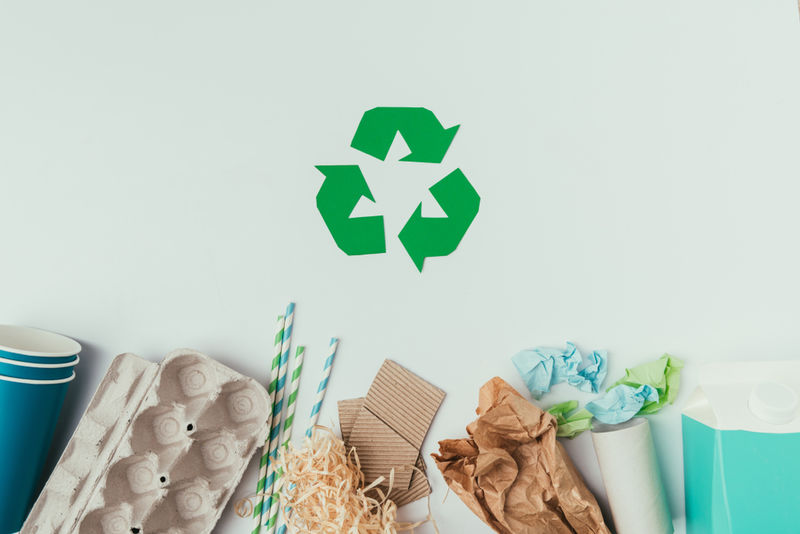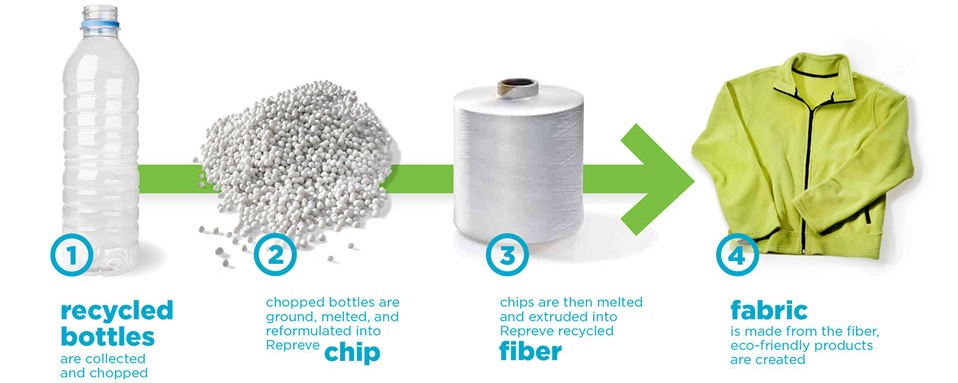Sustainability

Sustainable Fabric

Recycle Fabric

Energy Saving

Ozone Finish

Sustainable Fabric
Zara Fashion is an essential ingredient in many sustainable products. Simply, its what makes recycled fabrics- well, recycled. Because aasourcingltd contains recycled materials, including plastic bottles, it helps conserve precious natural resources.
Making product uses less petroleum and emits fewer greenhouse gases, so it helps us lighten our impact on the planet
Recycle Fabric
‘Conscious clothing’ is the latest trend catching up with consumers in the textile and apparel industry. People are increasingly looking for words like sustainable, vegan leather, organic, eco-friendly when buying materials and accessories.
It wasn’t long ago when all a consumer wanted was a good quality product at a reasonable price. Now, we as a society have moved from ‘mindless consumption to mindful purchasing’. We are aware of the consequences of our actions and we want to build a future that lies on the three pillars of sustainability; People, Planet and Profit.


Energy Saving
Saving energy is the concept being fostered all over the world as it has become today’s needs. Many people still are not very much aware of the importance of conserving energy. Gradually people have started understanding the importance of saving energy and they are taking initiative towards it which is a great sign without any doubt.
Talking about the major benefits, there are so many including making the environment safe and clean, using less fossil fuel and so on. Fossil fuel takes millions of years to get produced and we are consuming them fast in comparison the production ratio. The switch energy concept from traditional to sustainable energy is also getting popular.
Ozone Finish
Wet processing of textile materials consumes a large amount of electricity, fuel, and water. Therefore, greenhouse gas emissions and contaminated effluent are environmental problem. The most of the governments in the world warn all the industrial sectors containing textile manufacturing to be careful about environmental pollution.
Increasing in public awareness of environment and competitive global market forces the textile industry to manufacture textile products environmentally. Environmental pollution in textile wet processes can be reduced by four main ways. They are process optimization (reducing in water, chemical energy consumption, and time loss), use of ecofriendly chemicals, reuse of water, and new technologies like ozone and plasma technologies, transfer printing, enzymatic processes, etc.

